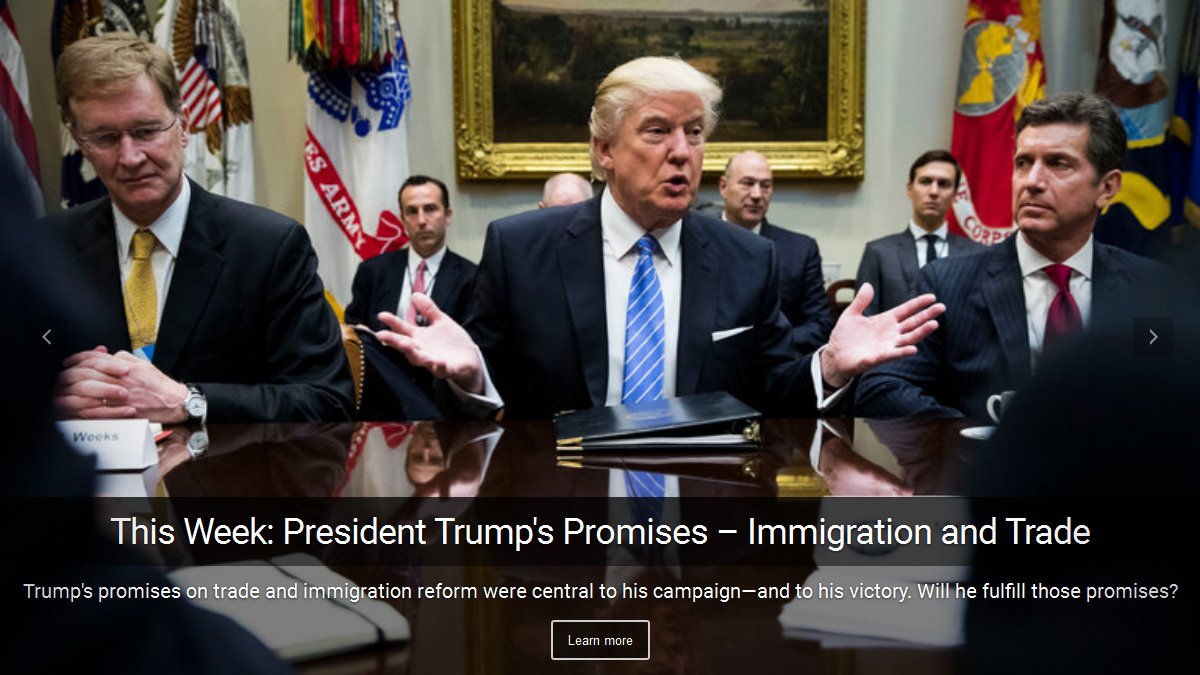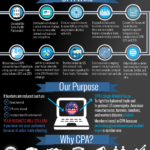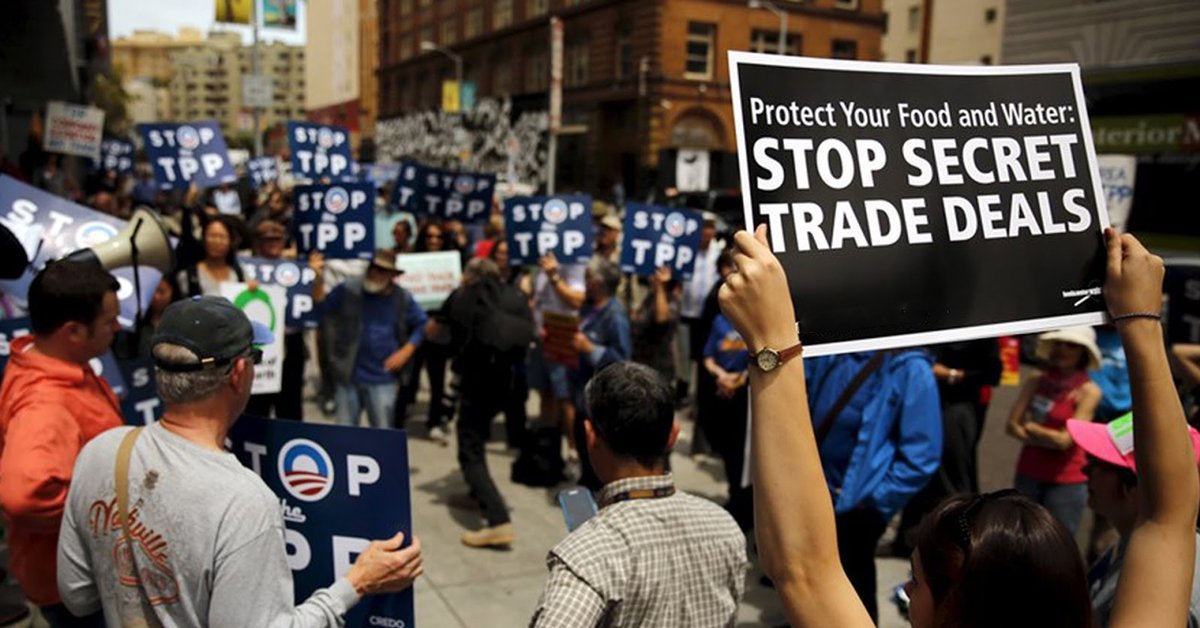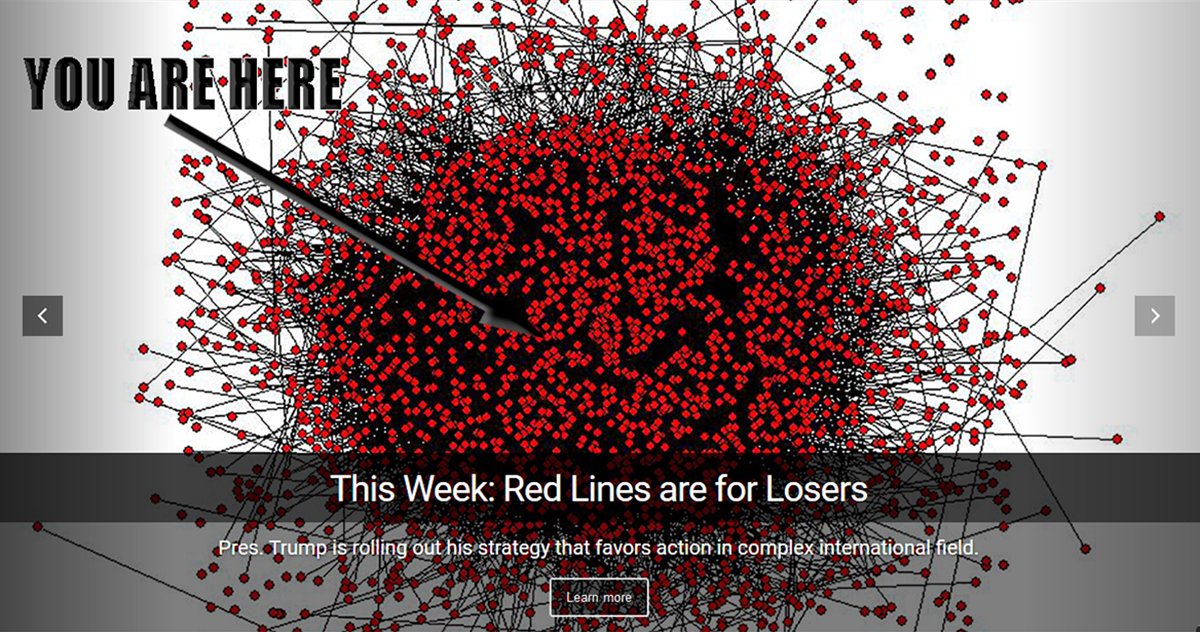
Red Lines are for Losers: Developing an International Strategy
Podcast: Play in new window | Download
Subscribe: Apple Podcasts | Spotify | Amazon Music | TuneIn | RSS | More
Show 7-16 Summary: Strategy is always complicated but it gets even more so on an international stage. Tune in to hear the challenges facing the U.S. on multiple fronts as we look at international strategy through two distinct but intertwined lenses: economic and military. You’ll come away with new respect for the complexity of international strategy in an ever-changing world as President Trump rolls out his strategy that favors action. And why there is no one-size-fits-all approach.

All Stations Stream Live!
7:00AM Saturday: KUIK (Portland)
11:00AM Saturday: KBKR (Baker City) | KLBM (La Grande)
7:00PM Sunday: KAJO (Grants Pass)
Air Dates: Month 22 & 23, 2017 | Crista Huff & Carl Higbie
I Spy Radio is going international this week. Well, actually, we’re always international thanks to all of our stations’ live streaming, but imagine a giant jigsaw puzzle and you finally figure out where your piece fits. So far, the jigsaw has seemed just a jumbled mass of confusion but then you put your piece in place and suddenly the puzzle starts to make sense. That’s because your piece changed the landscape and became part of the big picture.

But then, all of the pieces around your piece change shape and form and the picture changes yet again.
And that is essentially what’s going on with the US’s international strategy where you have Trump making strong decisions in Syria and also now in N. Korea — fitting in his piece of the puzzle. His actions, as just a part of the overall strategy, start to change the big picture even with the world’s complications. Because we’re not only dealing with other cultures and nation states but then there’s also the confluence of US law. And their laws. And on and on.
On this week’s show we have two guests who will focus on two different aspects of international strategies. One is Carl Higbie, a military expert and former Navy Seal, and you’ve undoubtedly heard him on Fox News. And we also have Crista Huff (@CristaHuff) who is a chief stock analyst for Cabot Wealth (cabotwealth.com). Both of these individuals look at the world in terms of our international policies from two very different lenses. One through economics and one through military and yet the two lenses are very intertwined.
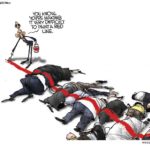 Take Syria. A prime example of complex situations centered around military action but a war that started not only over political but over economic reasons: an oil and gas pipeline. Add to the mix Russia whose economy depends on attempting to dominate oil in Europe. Now top that off with our own changes in the US moving from a leader, Obama, who had a non-action policy to Trump as a leader who is engaged by taking action and making changes.
Take Syria. A prime example of complex situations centered around military action but a war that started not only over political but over economic reasons: an oil and gas pipeline. Add to the mix Russia whose economy depends on attempting to dominate oil in Europe. Now top that off with our own changes in the US moving from a leader, Obama, who had a non-action policy to Trump as a leader who is engaged by taking action and making changes.
Listen to hear how even though we’re throwing the net pretty wide this week you’ll gain an understanding and appreciation of just how complex so many of these issues are especially when you’re dealing with two very different dictators.
Links Mentioned
Crista Huff (Segment 1 –3)
- Crista’s personal website is GoodFellowLLC.com. You can sign up for her newsletter at CabotWealth.com.
- Follow Crista on Twitter @CristaHuff
- Huff’s article: Foreign Crude Oil Refiners are Gobbling up U.S. Crude Oil (Crista Huff, GoodfellowLLC.com)
- Internal BLM Memo Leaked: Trump’s Plan to Make America Great by Expediting Oil, Gas Production, Increasing Border Security, and Creating Jobs (Breitbart, Apr 11, 2017)
- Secretary of State Rex Tillerson DOES meet with Vladimir Putin in Moscow after frosty exchange with Russian Foreign Minister who accused Trump of ‘unlawful attack’ on Syria (Daily Mail, Apr. 12, 2017)
- Cheap prices fail to kill U.S. oil boom (CNN, Jan. 26, 2016)
- After 40-year ban, U.S. starts exporting crude oil (CNN, Jan. 29, 2016)
We didn’t get a chance to talk to Crista Huff about China’s currency manipulation but here are some articles about it if you’d like to learn more. and note the changing strategy in relation to shifts on the ground.
- Currency Manipulation – Trump’s Right, China Is A Currency Manipulator – But They’re Manipulating The Yuan Up (Forbes, Nov 13, 2016)
- I haven’t changed my stance on China: Trump says he won’t start a trade war with Beijing over currency manipulation while it’s helping with North Korea (Daily Mail, April 18, 2017)
Carl Higbie’s (Segments 4–6)
- Be sure to check out Carl Higbie’s incredible book, Enemies Foreign and Domestic: A Seal’s Story, in the I Spy Radio book store
- Follow Carl on Twitter @CarlHigbie
- US military considers shooting down North Korea missile tests, sources say (The Guardian, April 18, 2017)
- Military action against North Korea ‘an option’, warns Rex Tillerson (The Guardian, March 17, 2017)
- China will get better U.S. trade deal if it solves North Korea problem: Trump (Reuters, April 11, 2017)
- Russian bombers fly near Alaska; Air Force scrambles jets (Fox, April 18, 2017)
- China conducts live-fire exercise on its new destroyer near North Korea as Pyongyang vows weekly missile tests amid escalating tensions (Daily Mail, April 18, 2017)
- Mike Pence says United States ‘will not rest and will not relent’ until North Korea gives up its nuclear weapons as he vows to stand by Japan ‘100%’ (Daily Mail, April 18, 2017)
- US ‘sends two more aircraft carriers to Korean Peninsula’ after Trump warns that Kim Jong-un has ‘got to behave’ (Daily Mail, April 18, 2017)
- Obama: U.S. Will Work With Russia, Iran to End Syria Crisis (US News, Sept 28, 2015)
- Russian bombers again fly near Alaska (Fox News, April 19, 2017)
- Brinkmanship over North Korea opens policy debate in China (Financial Times, April 18, 2017)
- China suspends North Korean coal imports, striking at regime’s financial lifeline (Washington Post, February 18, 2017)
- Trump’s Got a Mega-Bomb Designed to Hit North Korea (The Daily Beast, April 19, 2017)
- On North Korea, Trump signals break with US China policy (NewsMax4, April 17, 2017)
